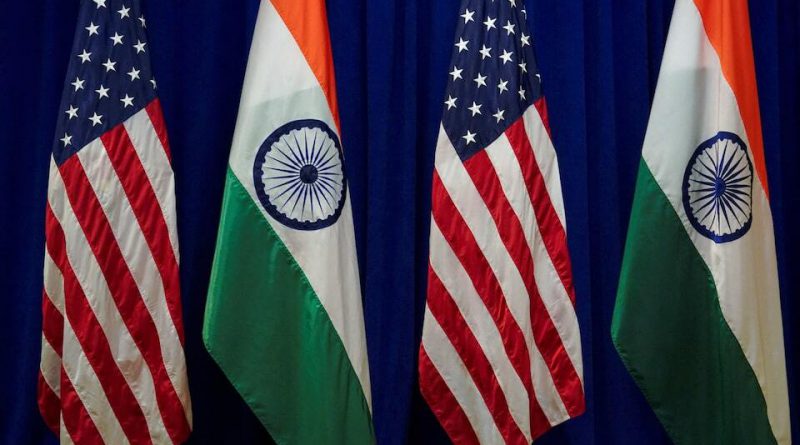India Resumes Postal Services to U.S., Boosting Trade and E-Commerce Growth
New Delhi — India is set to resume full postal services to the United States from Wednesday, marking a significant step in facilitating cross-border trade and supporting Indian businesses.
The resumption comes after India’s Department of Posts successfully implemented systems to collect U.S. duties upfront, ensuring compliance with the new U.S. customs regulations and providing greater predictability for exporters and e-commerce operators.
Postal shipments to the U.S. were temporarily suspended in August due to changes in U.S. import rules, including the suspension of the “de minimis” exemption for low-value commercial shipments.
This exemption had previously allowed packages valued at $800 or less to enter the U.S. without tariffs. The interruption, though brief, highlighted the need for robust systems to streamline international shipping and protect the interests of Indian exporters.
With the new framework in place, Indian postal services can now efficiently collect and remit U.S. customs duties upfront. This ensures that packages, whether sent by small businesses, artisans, e-commerce entrepreneurs, or individual traders, can move smoothly across borders without delays or complications.
The flat customs duty rate of 50% on declared values is now managed seamlessly by the Indian postal system, giving businesses clarity and confidence in their international transactions.
The move is expected to have a positive impact on India’s growing e-commerce sector. Between 2015 and 2024, shipments eligible under the “de minimis” rule to the U.S. increased dramatically from 134 million to over 1.36 billion annually, reflecting the expanding global footprint of Indian exporters.
U.S. Customs processes more than 4 million “de minimis” shipments every day, highlighting the enormous potential for Indian businesses to participate in international trade efficiently.
By ensuring compliance with U.S. rules and resuming postal services, India strengthens its trade relationship with the United States, the country’s second-largest trading partner.
The timing is particularly important as Indian and U.S. trade officials are set to meet in Washington later this week to discuss bilateral trade, following U.S. tariff adjustments on certain Indian goods.
The resumption of postal services demonstrates India’s proactive approach in maintaining smooth trade flows and supporting its exporters amid evolving global regulations.
The initiative also has strong benefits for small and medium-sized enterprises (SMEs), artisans, and home-based businesses that rely on affordable international shipping to reach U.S. customers.
With clear systems in place, these businesses can plan shipments confidently, reducing logistical challenges and minimizing the risk of unexpected duties or delays.
This will enhance the competitiveness of Indian products in the U.S. market, further boosting exports of handicrafts, apparel, electronics, and other goods.
Moreover, the resumption reflects India’s commitment to leveraging technology and process improvements to meet global trade standards.
By establishing upfront duty collection mechanisms, the Indian postal system positions itself as a reliable and efficient partner for international e-commerce, supporting the government’s broader goal of promoting “Make in India” products abroad.
In addition, the measure contributes to strengthening India’s overall export ecosystem. Predictable and streamlined shipping helps businesses maintain delivery timelines, improve customer satisfaction, and expand their presence in foreign markets.
It also supports India’s ambition to increase its share in global trade by providing practical solutions for small exporters and startups seeking to scale operations internationally.
Overall, the resumption of postal services to the U.S. is a positive milestone for Indian trade and e-commerce. By addressing regulatory changes proactively, enhancing logistical efficiency, and supporting small and medium-sized exporters, India demonstrates its ability to adapt to global trade dynamics while fostering growth and innovation.
This move is set to enhance India’s international trade competitiveness, strengthen bilateral relations with the U.S., and empower Indian businesses to reach new heights in global markets.


